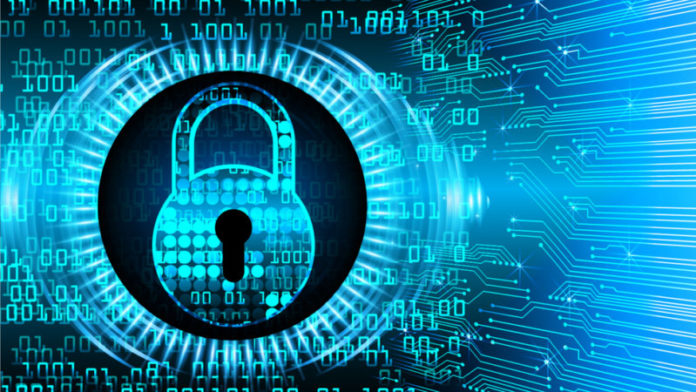

This post was originally published here by (ISC)² Management.
If leadership truly does come from the top, having Kirstjen Neilsen as the newest Homeland Security secretary may prove promising when it comes to filling the jobs gap. After all, she’s the first person to bring industry experience to the role.
Few things have the ability to obliterate people’s passion for their work like a terrible boss, especially when that boss lacks the knowledge and skills needed to guide an organization’s growth. But Kirstjen Neilsen certainly has the potential to really reform and improve the Department of Homeland Security.
It’s exciting times, but that is not all the notable news that happened this week.
Dec. 4. Corporate partnerships are one way to fill the pipeline and narrow the looming jobs gap. To that end, Raytheon has partnered with the Girl Scouts to provide a space for young girls to grow into the next generation of leaders in robotics engineering, data science and cybersecurity.
Dec. 5. Kaspersky Labs returned to the headlines when the UK’s head of National Cyber Security Centre warned not to use the products on systems that deal with national security.
According to a new Protect.me report, nearly two-thirds (72%) of consumers believe it is the responsibility of businesses–not the government–to protect their private information.
Dec. 6. A recently released Executive Order puts the onus of cybersecurity risks on the shoulders of federal agency and department heads, directing agencies to comply with NIST frameworks and submit a risk management report in 90 days.
Researchers at the University of Birmingham discovered a critical vulnerability allowing an attacker to perform “Man in the Middle Attacks” on multiple banking apps putting 10 million users at risk.
Dec. 7. New developments in technology, particularly with AI, have hackers and cybersecurity defenders racing to get to sensitive data first.
Many are asking what is next for Palo Alto Networks, and the answers remains unclear. After a twelve month low, shares of Palo Alto Networks traded up $1.46. But in the last three months, insiders–including president Mark Anderson and director Carl M. Eschenbach–have sold nearly 350,000 shares of company stock.
Dec. 8. The idea that computers will someday rule the world seems like a dystopian novel until news breaks about new technology in life sciences and cyberbiosecurity risks associated with digitizing genetic information, including DNA.
There’s no shortage of investments flowing into cybersecurity, but as markets expand, how do you decide on the best investment? Take a look at this head-to-head contrast of Smart Global and Rambus to learn about strengths, risks and profitability.
Photo:Tripwire





















